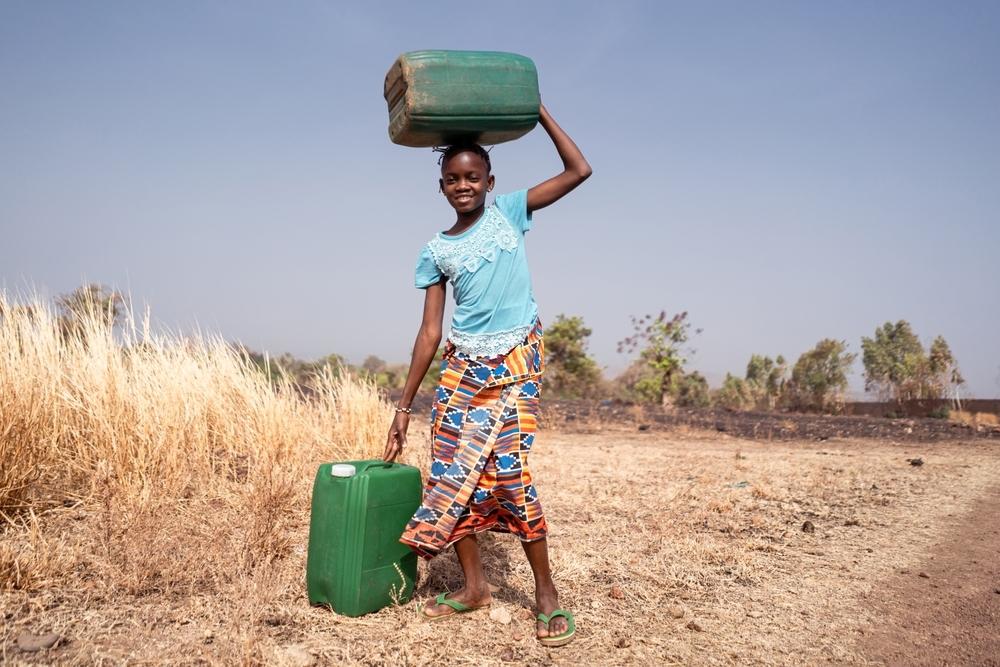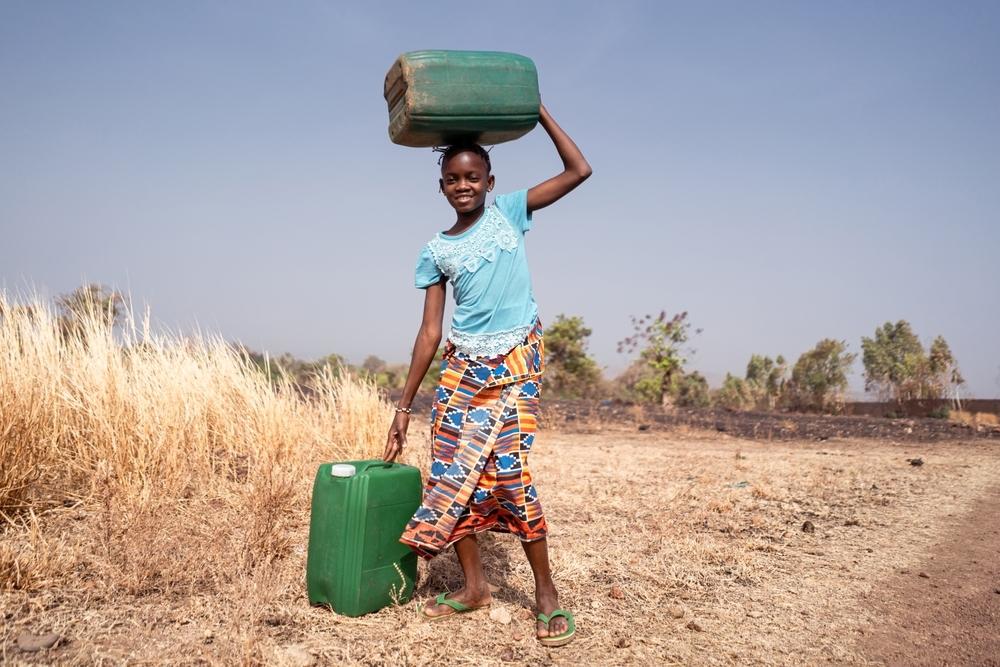In the heart of many developing communities, the struggle for clean water is not merely a logistical challenge; it is a profound issue that disproportionately affects women. In exploring the intricate connection between improved access to clean water and the empowerment of women, we unravel a narrative of resilience, opportunity, and transformation. This narrative transcends the technicalities of water sources and delves into the intricate web of social, economic, and cultural dynamics that shape the lives of women in these communities.
The Burden of Water Scarcity on Women
In numerous developing communities, the responsibility of securing water for households falls heavily on the shoulders of women. Often walking miles and dedicating hours each day to fetch water from distant and unreliable sources, these women bear the brunt of water scarcity. The physical toll is evident, but the emotional and economic burdens are equally significant, limiting their opportunities for education, work, and personal growth.

Empowering Through Time Liberation
Access to clean water fundamentally transforms the daily lives of women. By reducing the time and effort required for water collection, these women gain a precious resource—time. This newfound time becomes a catalyst for empowerment. It opens avenues for education, skill development, and participation in community activities, shifting the trajectory of individual lives and the collective well-being of the community.
Health Impact: Breaking the Cycle of Waterborne Diseases
Clean water is synonymous with improved health outcomes. In communities where waterborne diseases are prevalent, women often bear the primary responsibility for caregiving. By providing access to clean water, we not only alleviate the burden of illness but also empower women to actively contribute to the health and well-being of their families. This empowerment ripples through generations, breaking the cycle of water-related health challenges.
Economic Opportunities Unleashed
The transformative power of clean water extends to economic empowerment. With reliable access to clean water, women can engage in income-generating activities, ranging from agriculture to small businesses. The ability to invest time and energy in these pursuits fosters financial independence, instilling a sense of pride and autonomy that transcends beyond economic realms.
Education as a Gateway to Change
Improved access to clean water is intricately linked to educational opportunities for women. When the burden of water collection is lessened, girls can attend school regularly, breaking down barriers that have historically limited their access to education. Education becomes a key instrument for empowerment, offering a pathway for women to become leaders, change-makers, and drivers of progress within their communities.
Cultural Shifts and Community Resilience
As women in developing communities become empowered through access to clean water, the cultural dynamics within these societies undergo transformation. Women emerge as leaders, decision-makers, and catalysts for positive change. The ripple effect is felt throughout the community, fostering resilience and adaptability in the face of challenges.
Water Well Appeal: A Call for Sustainable Transformation
Amidst the stories of transformation, there lies a continued need for collective action. The concept of a water well appeal represents a call to sustain the momentum of change. It is a plea for ongoing support, investment, and commitment to ensuring that every woman in a developing community has the opportunity to lead a life unburdened by the constraints of water scarcity.
Conclusion: The Ripple of Empowerment
In conclusion, the empowerment of women through improved access to clean water is not merely a narrative of convenience; it is a testament to the profound impact that seemingly basic resources can have on the fabric of society. As we advocate for water well appeals and sustainable solutions, we are not just investing in infrastructure; we are investing in the empowerment of women, the resilience of communities, and the promise of a more equitable and sustainable future. The ripple effect of this empowerment extends far beyond water sources, shaping the narrative of progress in developing communities.






Comments are closed for this post.